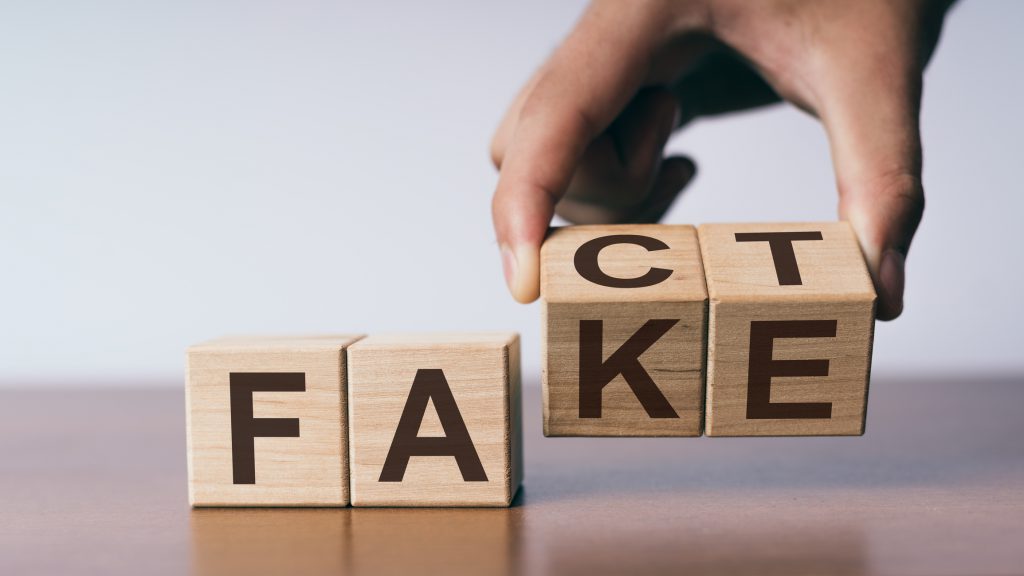California reacts to the “fake” information crisis

The California Department of Education (CDE) has created an online media literacy resource page for educators. The page provides access to free K–12 resources, instructional materials, lesson plans, and curriculum curated by a variety of recognized experts in the area of media literacy.
“These resources will assist educators in the classroom as they teach students how to access, use, evaluate, and integrate the information they read or hear online,” said Thurmond. “Students are bombarded by information from a wide range of sources. Being media-literate is a skill that can not only help them become critical thinkers, but can also help in all areas of their education and future as informed and active civically engaged citizens.”
Two key collaborators with the CDE on the media resource page are the California School Library Association (CSLA) and public broadcast station KQED. Instructional resources were chosen based on CSLA’s eight-step criteria, which included ensuring that media literacy content was aligned with the California Model School Library Standards. KQED provided access to comprehensive, free training resources and professional development for digital media educators through its online professional learning platform KQED Teach and its online Media Literacy Education Certification program.
The Media Literacy Law (Senate Bill 830) was passed in 2018 by former Governor Edmund G. Brown Jr. It was introduced by Senator Bill Dodd (D-Napa), who was inspired by a Stanford University study that found 82% of middle school students struggled to distinguish between advertisements and news stories.
For more information, visit the CDE Media Literacy Resources web page.





